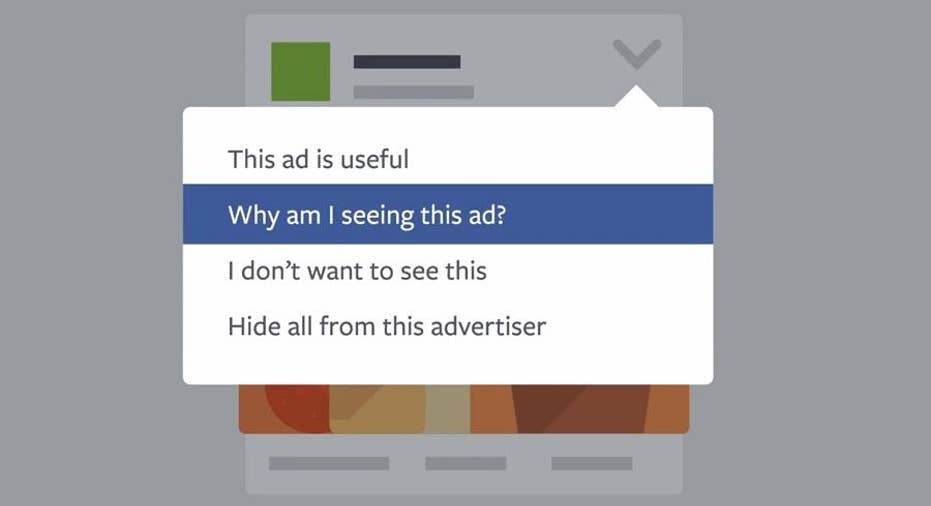Facebook: No Ad Monetization on Violent, Inappropriate Content

Facebook today introduced new set of rules that outline the type of content that can and cannot be monetized on the platform.
The new rules, for starters, prohibit ads from running on content that "depicts family entertainment characters engaging in violent, sexualized, or otherwise inappropriate behavior," including comedic and satirical videos. Facebook is also banning ads from content that focuses on real world tragedies like "depictions of death, casualties, physical injuries," or "debated social issues," including attacks on people or groups.
The changes comes after the British government and several other big advertisters earlier this year pulled their ads from YouTube because they appeared with videos containing extremist, homophobic, or racist content. Google, in response, promised to increase its use of technology to help identify extremist and terrorism-related videos. Google is also hoping to quell the problem by increasing the number of independent experts in YouTube's Trusted Flagger program.
Facebook will use automated systems and human reviewers to enforce its new rules, which will also ban monetization on content that could be considered violent ("depicting threats or acts of violence against people or animals"), explicit (showing "blood, open wounds, bodily fluids, surgeries, medical procedures"), or pornographic (showing "nudity or adult content, including depictions of people in explicit or suggestive positions, or activities that are overly suggestive or sexually provocative").
Facebook is also banning ads from running on content that "promotes the sale or use of illegal products, services, or activities;" promotes "the excessive consumption of alcohol, smoking, or drug use;" or contains "excessive use of derogatory language."
In the "coming months," Facebook will also begin sending advertisers reports showing exactly where their ads ran, according to Facebook's Vice President of Global Marketing Solutions Carolyn Everson. "At Facebook, we take very seriously our responsibility to earn and maintain the trust of our advertiser partners—and give them the confidence they need to invest in us," Everson wrote in a blog post. "That's critical to their success and ours."
She added that "together, these standards and tools will give advertisers the clarity and control they need to run their campaigns."
This article originally appeared on PCMag.com.



















